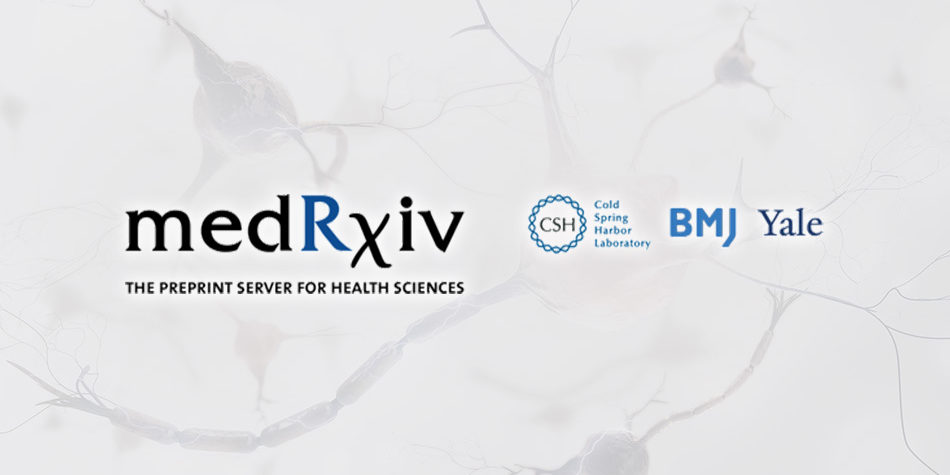Artificial intelligence can be a key tool in the context of assisting in the diagnosis of dermatological conditions, particularly when performed by general practitioners with limited or no access to high resolution optical equipment. This study evaluates the performance of deep convolutional neural networks (DNNs) in the classification of seven pigmented skin lesions. Additionally, it assesses the improvement ratio in the classification performance when utilized by general practitioners. Open-source skin images were downloaded from the ISIC archive. Different DNNs (n=8) were trained based on a random dataset constituted by 8,015 images. A test set of 2,003 images has been used to assess the classifiers performance at low (300 x 224 RGB) and high (600 x 450 RGB) image resolution and aggregated clinical data (age, sex and lesion localization). We have also organized two different contests to compare the DNNs performance to that of general practitioners by means of unassisted image observation. Both at low and high image resolution, the DNNs framework being trained differentiated dermatological images with appreciable performance. In all cases, accuracy has been improved when adding clinical data to the framework. Finally, the lowest accurate DNN outperformed general practitioners. Physicians accuracy was statistically improved when allowed to use the output of this algorithmic framework as guidance. DNNS are proven to be high performers as skin lesion classifiers. The aim is to include these AI tools in the context of general practitioners whilst improving their diagnosis accuracy in a routine clinical scenario when or where the use of high-resolution equipment is not accessible.
Link: https://www.medrxiv.org/content/10.1101/2020.05.03.20072454v1
Download pdf: https://www.medrxiv.org/content/10.1101/2020.05.03.20072454v1.full.pdf





